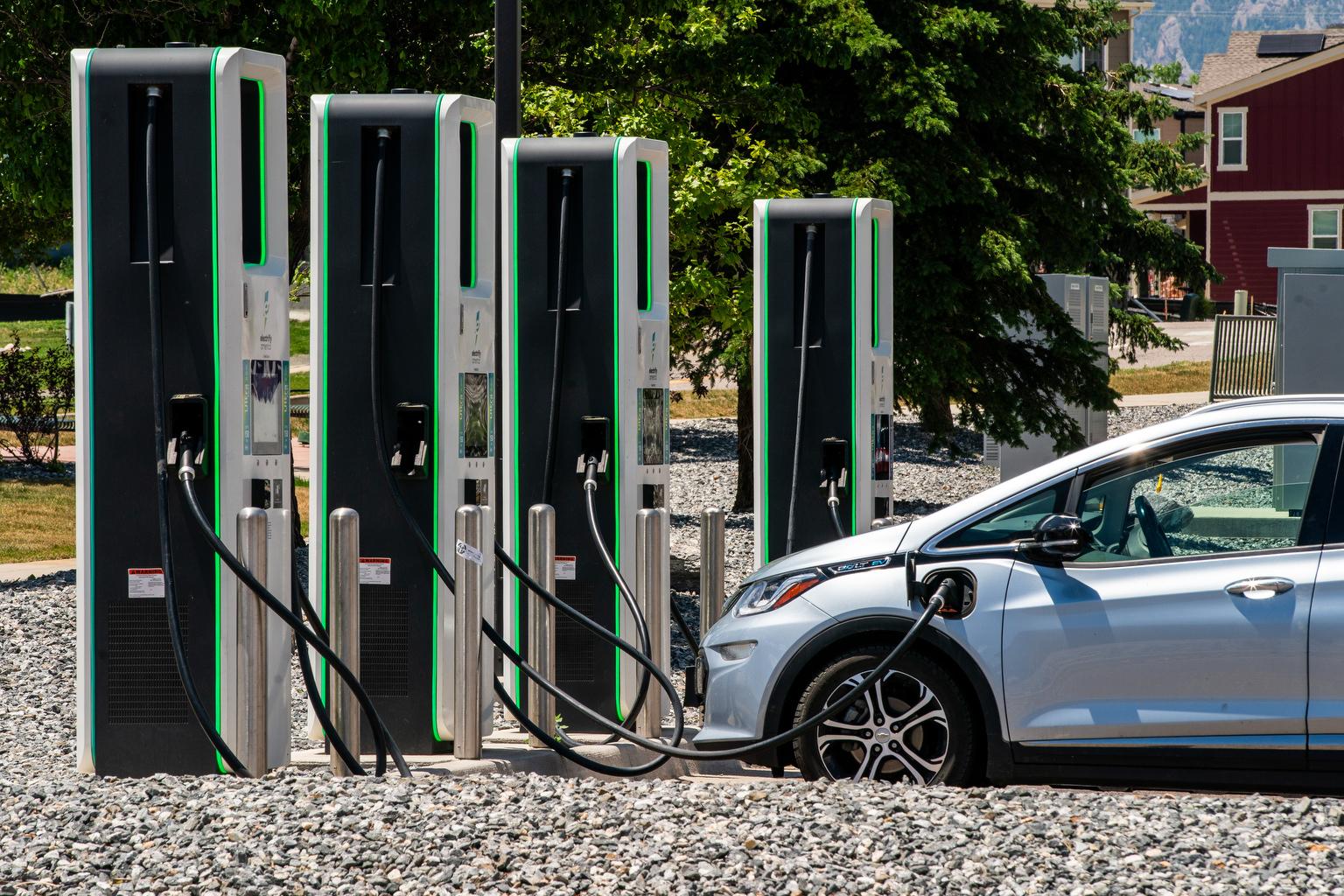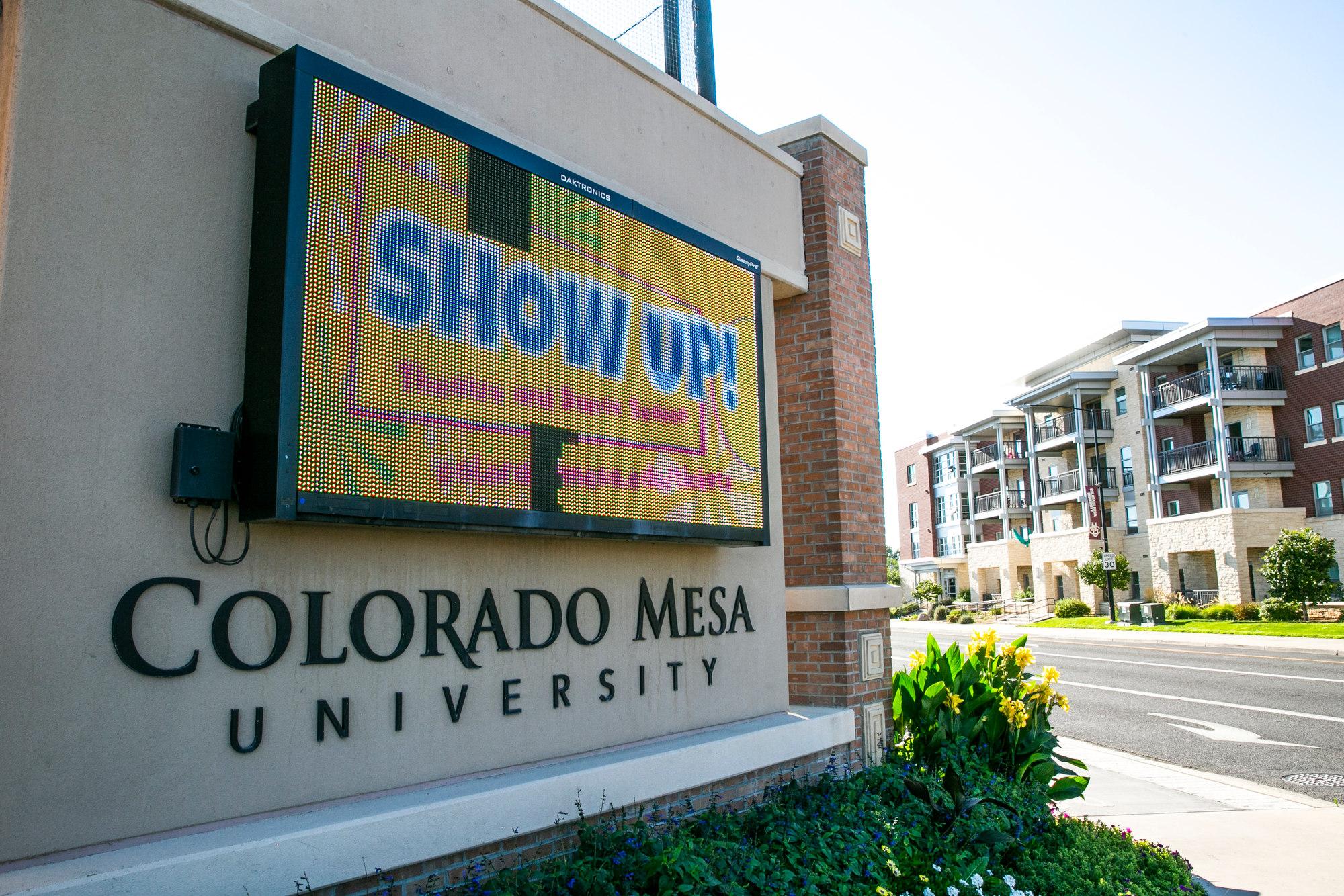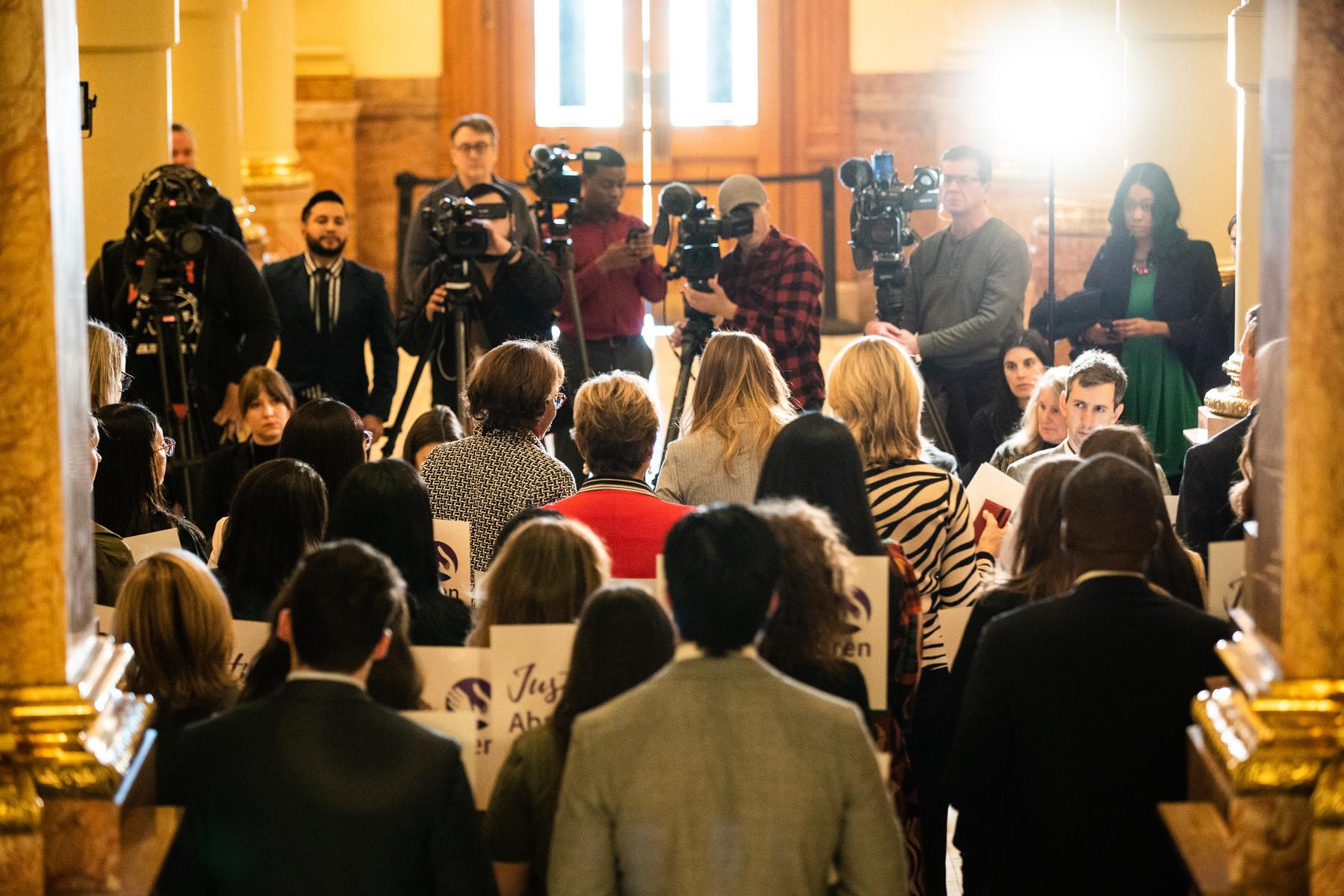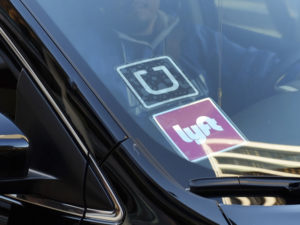
Colorado drivers hoping Xcel Energy will help pay for an electric car are officially out of luck.
Earlier this month, Colorado’s largest utility announced it had officially run out of funding for its EV rebate program, which offered income-qualified customers $5,500 off a new EV or $3,000 off a used model.
The company closed the discounts after exhausting a $5.3 million budget approved by the Colorado Public Utilities Commission earlier this year. Tyler Bryant, a spokesperson for Xcel Energy, said the program has provided 1,176 rebates for new and used EV purchases. The company won’t ask regulators to let it allocate more funding and reopen applications.
“Customers fund our rebate programs, and we are keeping affordability in mind as we manage our budgets to the levels approved by the PUC,” Bryant said in an email to CPR News.
The loss of the discounts comes amid a slowdown in government incentives for plug-in vehicles. Colorado’s EV tax credit will drop from $5,000 to $3,500 starting next year. Meanwhile, the transition team for President-elect Donald Trump has signaled plans to kill a federal EV tax credit worth up to $7,500. Due to the shrinking financial support, local dealers and clean transportation advocates have encouraged Colorado drivers considering an EV to act before the end of the year.
Xcel Energy ended the rebates after pre-approving dozens of low-income customers, some of whom purchased a vehicle expecting the utility to later issue a rebate check to offset the cost. On Nov. 13, the company sent an email to those applicants that told them not to expect a refund since the program was “at capacity.”
Bryant, however, now says 103 pre-approved customers who received the email will get a rebate check after all. Xcel plans to contact those individually to clarify the proper process to obtain the discount.
‘We felt defeated and betrayed’
Lisa Levad is one of the EV buyers frustrated by the utility’s communication about the rebate.
Levad, an Arvada resident who owns an interactive puzzle game company, decided to buy an EV after she and her husband learned about a long list of discounts available to Colorado residents. After weeks of careful research, the couple purchased a used BMW i3 from Urban Motors, a Denver dealership offering the federal tax credit as a $2,200 upfront discount.
While the car only offers 60 miles of range, she said it works for city driving and taking her granddaughter to school. “It is a very deluxe golf cart. I love it, though,” Levad said.
Levad also managed to get a car that was nearly free by stacking different EV incentives. She cut $4,000 off the sticker price by trading in her 2002 Dodge Ram 1500 van through Colorado’s vehicle exchange program, which helps low-income residents reduce the cost of an EV by trading in older or high-emitting vehicles.
The dealership, however, doesn’t partner with Xcel Energy to offer the company’s rebates as a point-of-sale discount. That left Levad to finance roughly $2,500 to purchase the used car, but she was pre-approved to receive up to $3,000 from the company to more than cover her out-of-pocket costs.
Her careful planning appeared to have paid off — until the utility told customers they’d exhausted their rebate funding. Beyond the immediate frustration about her own situation, she couldn’t believe the utility would be so “flippant” about the personal finances of its low-income customers.
“We felt defeated and betrayed,” Levad said. “I felt unbelievably foolish for trusting Xcel and trusting this scenario could work out for us.”
Bryant, the Xcel Energy spokesperson, clarified customers like Levad will still receive the rebate. He added the company warned customers about the program’s funding limitations. The fine print of the official rebate form notes rebates will be issued on a first-come, first-served basis, and a similar caveat was added to a banner on the company’s website last month.
Why the rebates are unlikely to return anytime soon
The discounts offered by Xcel Energy were funded through a $145 million plan approved by state regulators last April, which is meant to accelerate the state’s transition to electric transportation through 2027.
Since the company doesn’t plan to ask for an expanded budget, the rebates are gone until the plan expires, said Travis Madsen, the transportation program director for the Southwest Energy Efficiency Project, an environmental advocacy group. At that point, the utility could ask to revive the rebates as a part of its next three-year electric transportation plan.
Madsen also said the program was a victim of its own success. After considering the latest EV plan, state utility regulators allowed Xcel Energy customers to combine the rebates with other benefits like the Colorado EV tax credit.
The shift appears to have led to a massive boost of interest, which ended up exhausting funding for the rebates more than two years ahead of schedule.
“I’d like to see it come back, but I’m not in charge,” Madsen said.
- Why now might be the best time to buy an EV in Colorado
- Colorado is second in the nation in electric vehicle adoption, thanks to affordable cars and generous incentives
- Louisville launches the nation’s first EV garbage and recycling fleet
- Electric vehicle battery plant in Thornton gets $50 million federal grant to boost supply chain, add Colorado jobs
- Colorado’s cash-for-gas-guzzlers program is a lot more popular than expected









